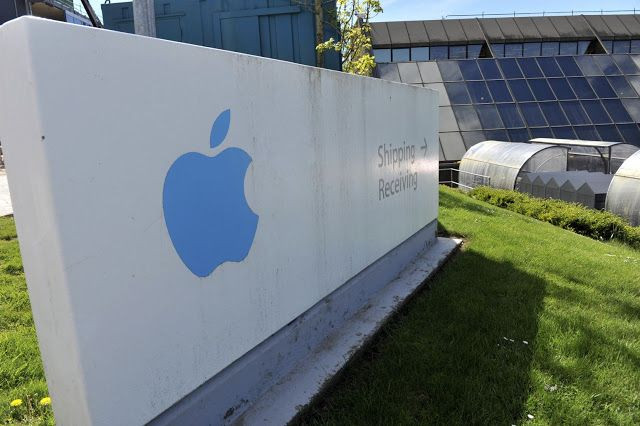Irish Corporate Tax Reform: Bluster Or Serious News For Businesses?

Corporate tax reform proposals from Ireland could amount to little more than political rhetoric and are unlikely to drive businesses away from the low-tax haven, according to one tax specialist.
Ireland’s finance ministry said in a report in the Wall Street Journal on Wednesday that it would change rules governing the “stateless” status of businesses there, which provide companies like Apple Inc. (NASDAQ:APPL) and Amazon.com Inc. (NASDAQ:AMZN) favorable tax rates, according to the Journal.
Apple has avoided paying corporate income tax on billons of its overseas income by exploiting Irish tax laws, a U.S. Senate investigation found earlier this year.
Details on the proposed reforms are still unclear, though the policy changes could take effect in January 2015. Businesses are unlikely to react immediately with much substantive tax or accounting reform.
According to the BBC, firms can simply nominate other tax havens as their corporate bases if Ireland tweaks its tax rules.
“It’s hard to know what is actually going to happen,” said Laurence Feibel, an accountant and international tax expert with Anchin, Block & Anchin LLP, to International Business Times.
He cited political and public pressure, and in this case, international pressure from governments, as often sparking talk of tax reform but ultimately failing to close loopholes.
One obvious fix from the U.S. end – renegotiating Irish-US tax treaties, via the U.S. Treasury and Congress, to tax income based on end-consumer markets – is unlikely to happen, given political deadlock, said Feibel.
“A major number of companies tend to use these Irish [tax] structures,” said Feibel to IBTimes. He doubts there will be much corporate flight from Ireland, pending actual meaningful reform, of which he is also skeptical.
“There’ll probably be some bluster. But at the end of the day, they’ll find a way that doesn’t scare these companies away,” he said.
The Journal pegged 125 U.S. companies as registering several hundred subsidiaries at one address in Dublin, 70 Sir John Rogerson’s Quay, the offices of Irish tax law firm Matheson.
Matheson has the largest tax team of any Irish law firm, according to its website. It represents 27 of the world’s 50 biggest banks and more than half of the Fortune 100 companies through its Dublin legal office.
Similar efforts by the Group of Eight (G-8) industrialized nations and the Organization for Economic Co-operation and Development (OECD) to combat tax evasion by individuals and firms require more disclosure, but they won’t easily solve these issues, said Feibel.
“We have considerable exchanges of information – agreements and treaties – and in my experience the IRS [Internal Revenue Service] doesn’t really use them, except if they’re investigating,” he said.
Ireland enjoys a top corporate tax rate of 12.5 percent. That compares to a top marginal rate of 35 percent in the U.S., and 23 percent in the U.K. Luxembourg is another low-tax haven for corporates in Europe, according to Feibel.
© Copyright IBTimes 2025. All rights reserved.






















